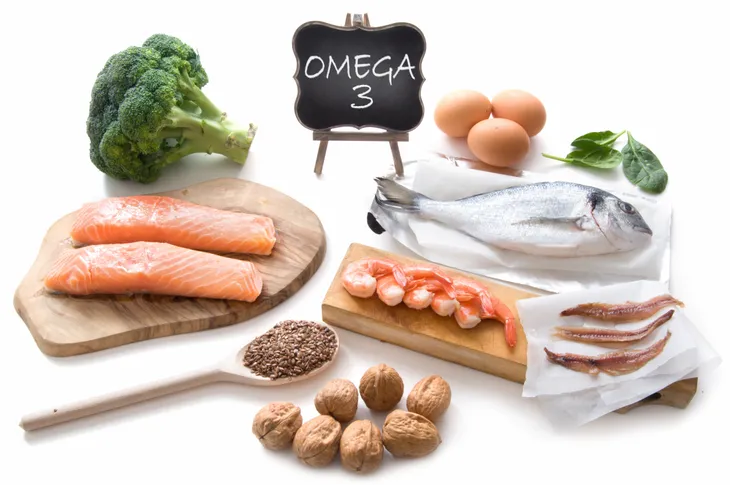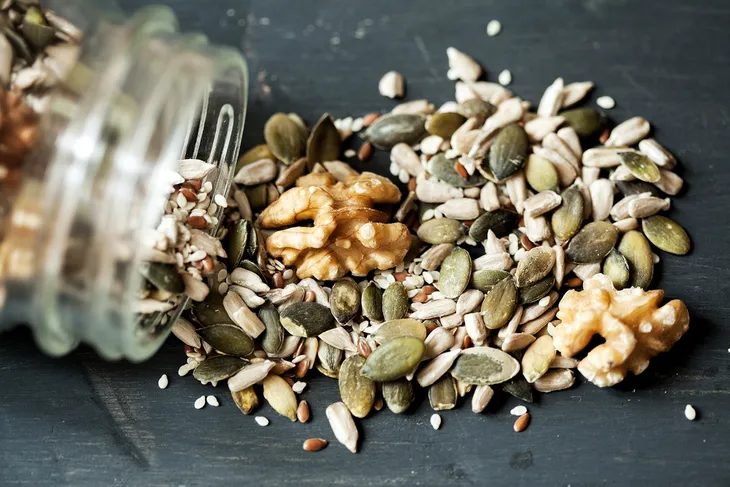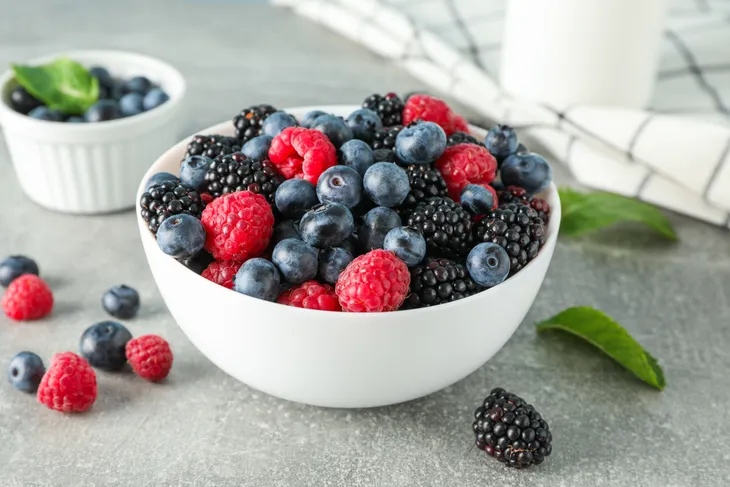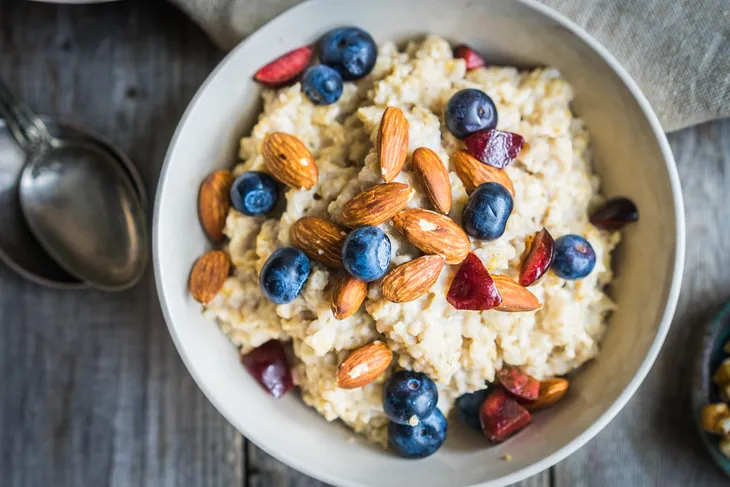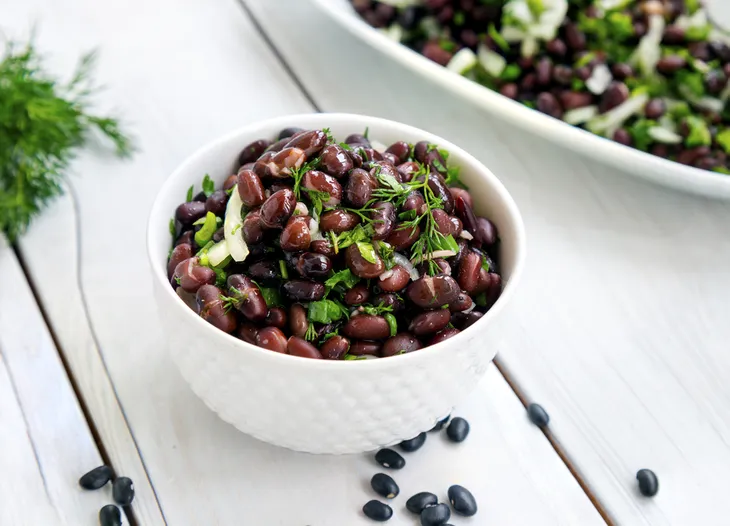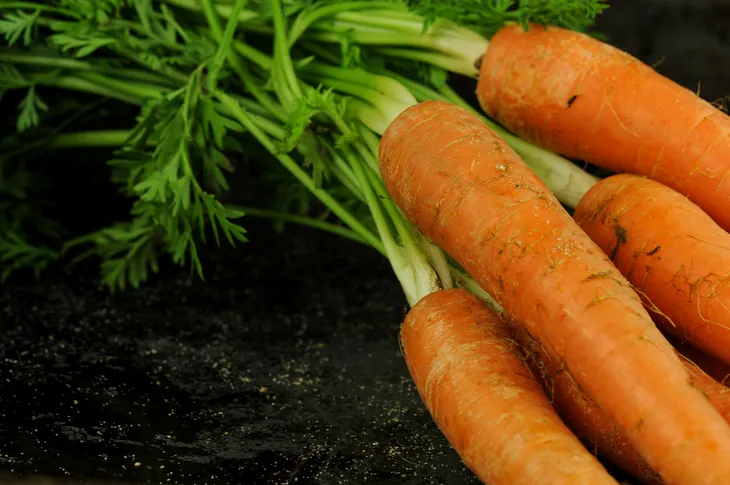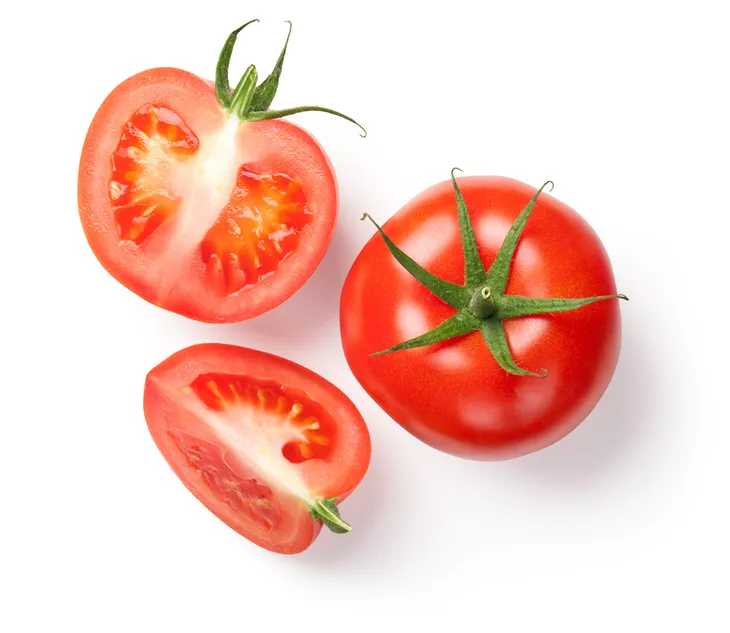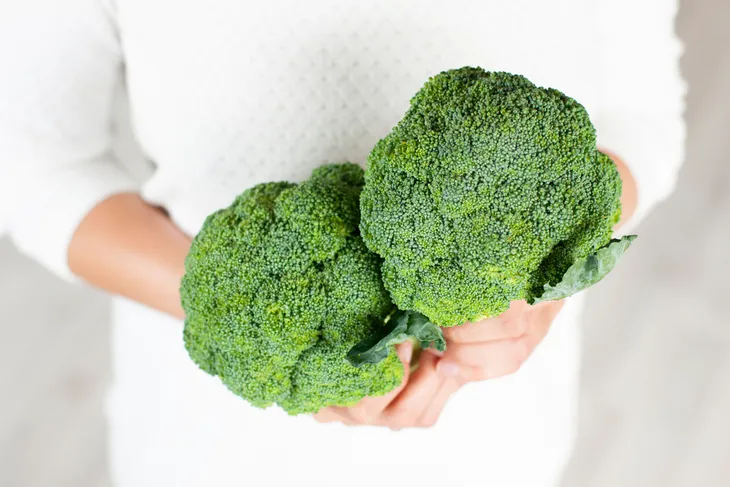Many people looking to eat better make changes to their diet with the goal of losing weight in order to look better and feel more confident about their appearance. But the reality is that this is just one reason to consume foods that are lower in fat and calories and higher in vitamins, minerals, and important nutrients.
You see, these kinds of changes to the standard diet can also be good for the heart, one of our most important organs. Eating foods, such as fruits and vegetables, that can be found on the following list could help you improve the strength of your cardiovascular system and give your body the tools it needs to fend off serious health problems, including heart disease and stroke.
1. Omega-3 Fatty Acid Foods
Once a buzz term among nutritionists, today omega-3 fatty acids have entered the mainstream. Foods that contain a moderate amount of omega-3 fatty acids have been shown to help in brain functionality, and can assist in keeping heart disease at bay. This makes consuming these kinds of foods particularly important for individuals with a family history of heart health problems, though anybody of just about any age group can benefit from adding these foods to their diet.
So, what foods contain an ample amount of omega-3 fatty acids? Good news for those who are a fan of fish, because salmon, tuna, mackerel, herring, and rainbow trout all contain their fair share of omega-3s. Of course, if you’re not much of a fan of seafood, you can find omega-3 fatty acids in some eggs, flaxseeds, and walnuts. You can also purchase omega-3 supplements and take them each day.
2. Healthy Nuts
As with many foods, not all nuts are created equally when it comes to benefitting your heart and overall health. Some nuts, such as cashews and pine nuts, are delicious and make great additions to a wide range of dishes, but don’t really do a lot to benefit the cardiovascular system. In fact, many nuts of this kind should be considered an indulgence, as they’re high in calories and fat.
And then there are the healthier nuts, or nuts that contain properties that help the heart and can help to stave off binges by keeping us feeling full for a longer period of time. This list of nuts is relatively short and contains almonds and walnuts, both of which have been shown to benefit the heart and contain ample amounts of protein. Walnuts are particularly great, as they can help us get to sleep when taken before bed; sufficient sleep is an important part of keeping us feeling energized and helping our heart stay healthy.
3. Berries
Berries are generally sweet and delicious, making them an excellent addition to any dish or enjoyed all on their own. They’re best consumed when in season, though frozen berries typically contain all the vitamins and nutrients found in their fresh counterparts.
So, what is it about berries that makes them so healthy? Many types of berries, and especially blueberries, blackberries, cranberries, and raspberries, contain phytonutrients that can help protect the heart and boost the immune system. They also contain ample amounts of soluble fiber, which can help keep the digestive system functioning just as it should.
4. Oatmeal
Oatmeal is considered a heart-healthy food because it’s generally low in sugar and fat and is slowly digested by the body, meaning it has the potential to keep us feeling full for a much longer period of time than many other breakfast dishes, like a high-sugar cereal. By helping us stay full and thereby reduce the changes of indulging in less healthy foods, oatmeal gets the thumbs up from many nutritionists and cardiologists.
Of course, some oatmeal — usually the highly processed kind with added sugar — is less healthy than other varieties. Rather than adding sugar to your oatmeal, consider tossing in some organic maple syrup and a handful of blueberries, raspberries, or strawberries, all of which contain antioxidants that can help boost heart health.
5. Beans
Dark beans like black beans and kidney beans are often found in dishes like chili, and you might be surprised by how healthy they are. Did you know that these kinds of beans are very high in protein — so high, in fact, that they’re often used as an effective replacement for the protein found in meat?
Dark beans of this kind also contain ample amounts of vitamins, minerals, and fiber, which can help us stay full for a longer periods of time. Just make sure to buy beans that haven’t been soaked in salt and sugar before being canned, as this kind of dark bean may not offer the health benefits of its dehydrated, less processed equivalent.
6. Red Wine
Red wine is a somewhat more controversial addition to this list as it typically contains alcohol, which can be very bad for our bodies — and especially major organs like the heart, liver, and brain — when consumed in excess.
But having a four-ounce glass of red wine each day can actually help us feel and function better. Research has shown that about one glass of red wine for women and two glasses of red wine for men can help boost healthy (or HDL) cholesterol levels, which can help with heart functionality and may play a role in keeping heart disease at bay. Just don’t overdo it.
7. Carrots
Carrots are among the healthiest foods you can eat, for a wide variety of reasons. For one, they’re very high in fiber, which means they can help us stay feeling full long after eating them. Second, they contain important properties known as carotenoids, which can help boost heart functionality and keep heart disease from becoming a major health concern.
Thanks to their relatively subtle flavor, it’s pretty easy to work carrots into a wide range of dishes, from soup and stir-fry to salads, pasta sauce, and chili. Even better, because they’re easy to grow, carrots are widely available and usually very affordable.
8. Dark, Leafy Greens
There are few foods that have become more popular with nutritionists and cardiologists in recent years than kale, a dark and leafy green that’s extremely high in fiber and contains a rich variety of vitamins and minerals. Kale is also very versatile, making it an excellent addition to salads, soups, stir-fries, and many other dishes.
Of course, kale isn’t the only dark, leafy green that can help make us healthier and assist in boosting heart health. You certainly shouldn’t overlook spinach, swiss chard, or arugula. Consider using these types of greens in your salad instead of less healthy iceberg or romaine lettuce.
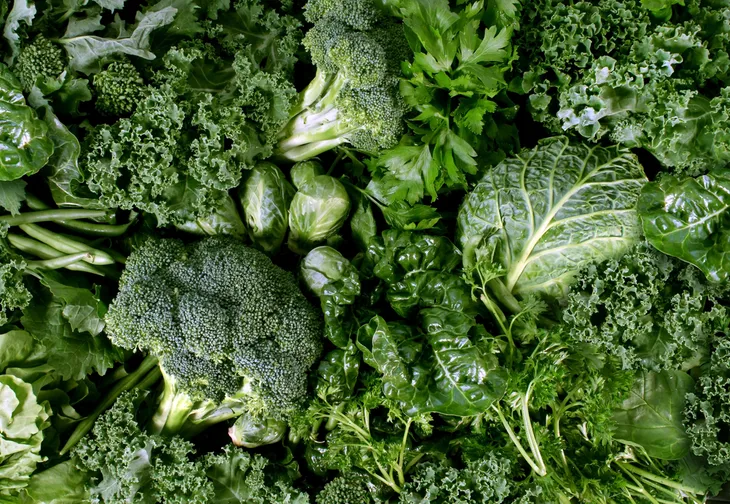 Shutterstock/Lightspring
Shutterstock/Lightspring9. Asparagus
Asparagus may not be the preferred food of kids, but prepared in the right way it can be both delicious and nutritious. Unlike many other mealtime choices, asparagus contains ample amounts of beta-carotene, folate, and fiber, all of which can help us feel full and energized while giving our immune systems a much-needed boost. On top of that, asparagus contains very few calories and no fat.
To win over anyone who’s skeptical of asparagus, try frying it in a pan with salt, pepper, and some bacon cut into cubes. The asparagus will absorb the flavor of the bacon and should develop a rich, deep green appearance once it’s ready. Just be sure to moderate the amount of bacon you use and be sure to cut the “woody” part of the asparagus stem away prior to preparation.
10. Tomatoes
Tomatoes are so prevalent and found in such a wide variety of foods that we don’t always stop to recognize just how healthy they are. In fact, tomatoes contain vitamin C, lycopene, and beta-carotene, all of which play important roles in helping keep our immune systems and major organs — including the heart — functioning just as they should.
Of course, using fresh tomatoes is always preferable to those processed elsewhere. Keep in mind that previously prepared tomato sauce often contains lots of sugar and salt, neither of which is particularly healthy for the heart.
11. Dark Chocolate
Like red wine, dark chocolate is something of a dark horse on this list. While it contains a considerable amount of sugar, fat, and calories, dark chocolate has been shown to help improve heart health and may play a role in preventing heart disease — at least, when consumed in moderation.
It’s also important to note that milk chocolate doesn’t boast these health advantages. To get the most out of your dark chocolate, make sure it’s at least 70 per cent cacao — otherwise, it’s just a sweet treat.
12. Broccoli
Few kids love the taste of broccoli, but there’s a good reason so many parents insist on their children eating it: broccoli contains an impressive range of vitamins and nutrients that can benefit the heart, from vitamins C and E to potassium, folate, and calcium.
Of course, broccoli is also jam-packed with fiber, which makes it an excellent choice for anyone hoping to stay feeling full longer and curb indulgences with less healthy foods. To get the kids to consume more of it, consider adding broccoli to soups and salads, where they may not notice the flavor quite so much.

